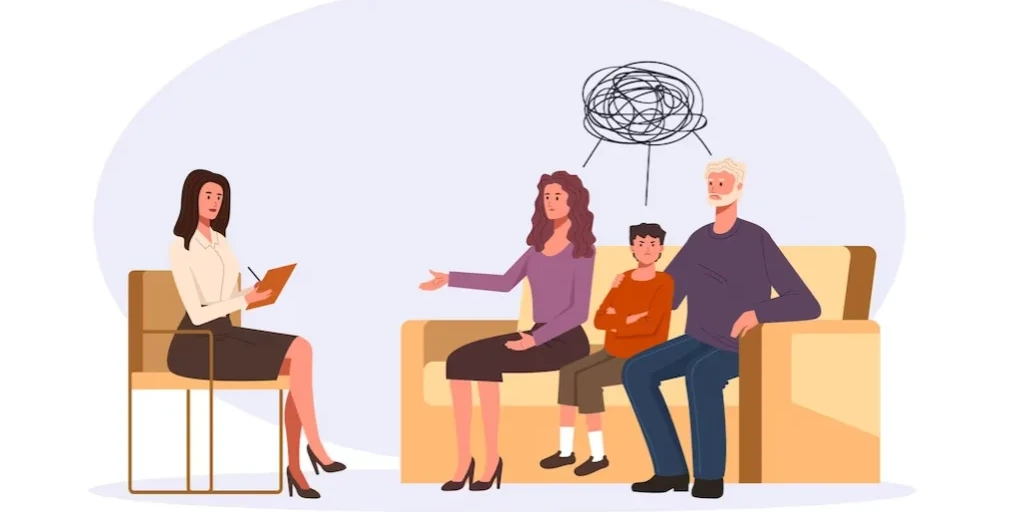24/7 Helpline:
(866) 899-221924/7 Helpline:
(866) 899-2219
Learn more about Eating Disorder Treatment centers in Choctaw County

Other Insurance Options

Magellan

Absolute Total Care

WellPoint

Molina Healthcare

UMR

BlueShield

Holman Group

Amerigroup

Optima

MHNNet Behavioral Health

Regence

Ambetter

Optum

Magellan Health

Aetna

Sutter

CareFirst

Horizon Healthcare Service

Sliding scale payment assistance

Self-pay options












Community Counseling Services
Community Counseling Services is a private rehab located in Ackerman, Mississippi. Community Counsel...















